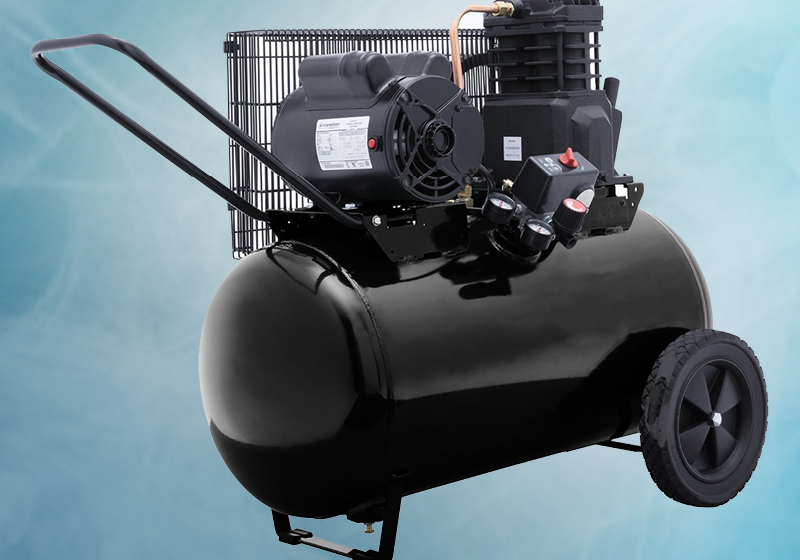What You Should Know Before Buying A Compressor

If you are a contractor, heavy-duty mechanic, automotive technician, or serious hobbyist then you have come to the right place because we have some tips and information just for you! When it comes to finding the right compressor it comes down to the terms of these down below.
Horsepower
Horsepower rating is a good way to find the size of the compressor that suits your needs. Sadly, it is difficult to find a good one because most sellers use a marketing strategy by making the HP on their products higher, but really it runs at a lower horsepower just to sell their products. One way to tell is by looking at how much electrical power it takes to run the compressor.
Air Pressure (PSI)
Usually rated in pounds per square inch, air pressure is usually around 90 PSI for proper functioning. The only thing though to maintain a 90 PSI is a compressor with a higher shut-off pressure. Most of the industrial compressors like the Gardner air compressor are two-stage. This means the compressor shuts off in two stages. The first one is usually around 90 PSI and the second one builds to 175 PSI. Most hobby and smaller compressors shut off in a single stage at 125-135 PSI.
Cubic Feet Per minute
The volume of air that is compressed and produced in a minute is a measurement. Usually, with compressors, you will see many high CFM ratings at different times on one compressor. Other times you will see a high rating on the displacement on CFM which is based on how much air that is pumped.
Air Compressor Tank Size
With size, the compressor is not affected as much because the main purpose of a compressor doesn’t produce air, but it stores air. But if it comes to terms of small vs. big. then here’s your comparison: If you get a small one, then you will have the advantage of having a portable air compressor. When using the compressor, the air pressure will go up quicker. Except with a larger tank, it doesn’t start and stop often and it cools the air a bit better.
Single Stage vs Two Stage
Diving deeper into the topic of these two, you may assume that two-stage is better than one except that is not the case. However, most compressors like Gardner air compressors are industrial grade. But to compare the two types, single Stage compressors have one or more cylinders and pump air into the tank of the compressor. Two-stage compressors like Gardner air compressors have at least two cylinders and the air is pumped from one cylinder to the other cylinder, unlike the single-stage compressor.
Direct Drive, Belt-Drive, Oil, or Oil-less
There are many compressors that have some level of good quality when it comes to direct and belt drive compressors, but stores have done this to keep costs down which means the air compressors aren’t really on par with the industrial-grade air compressors. Direct Drive compressors are connected to a motor shaft and turn at the same speed as the motor. (Around 1,725 to 3450 rpm) If you need something that you don’t need to bring around or just a higher air volume, then use the belt-oil lubricated compressor to satisfy your air compressor needs. Though it’s best to be careful though because most air compressors of this type have a lower life expectancy than the direct drive air compressors. Most belt drive compressors come with dippers that connect to rods to lubricate the belt with oil to ensure quality air compressing.